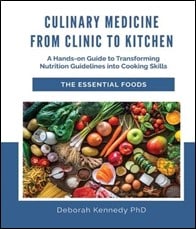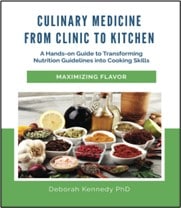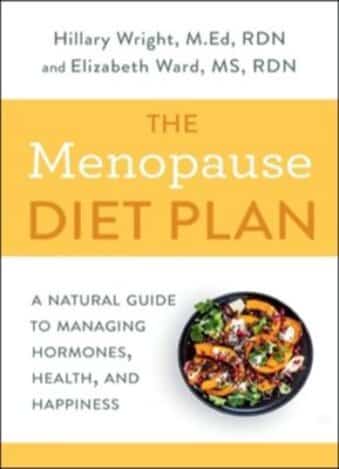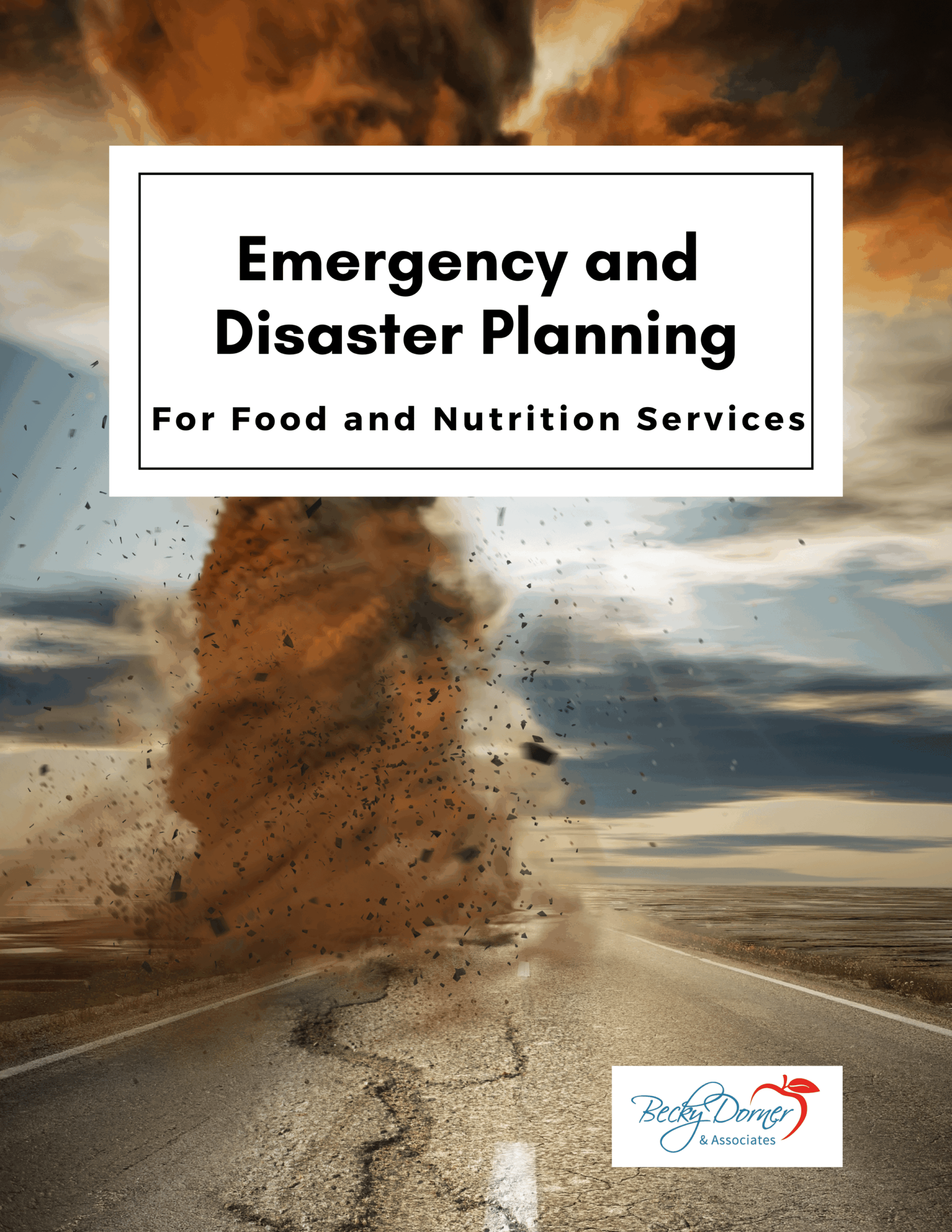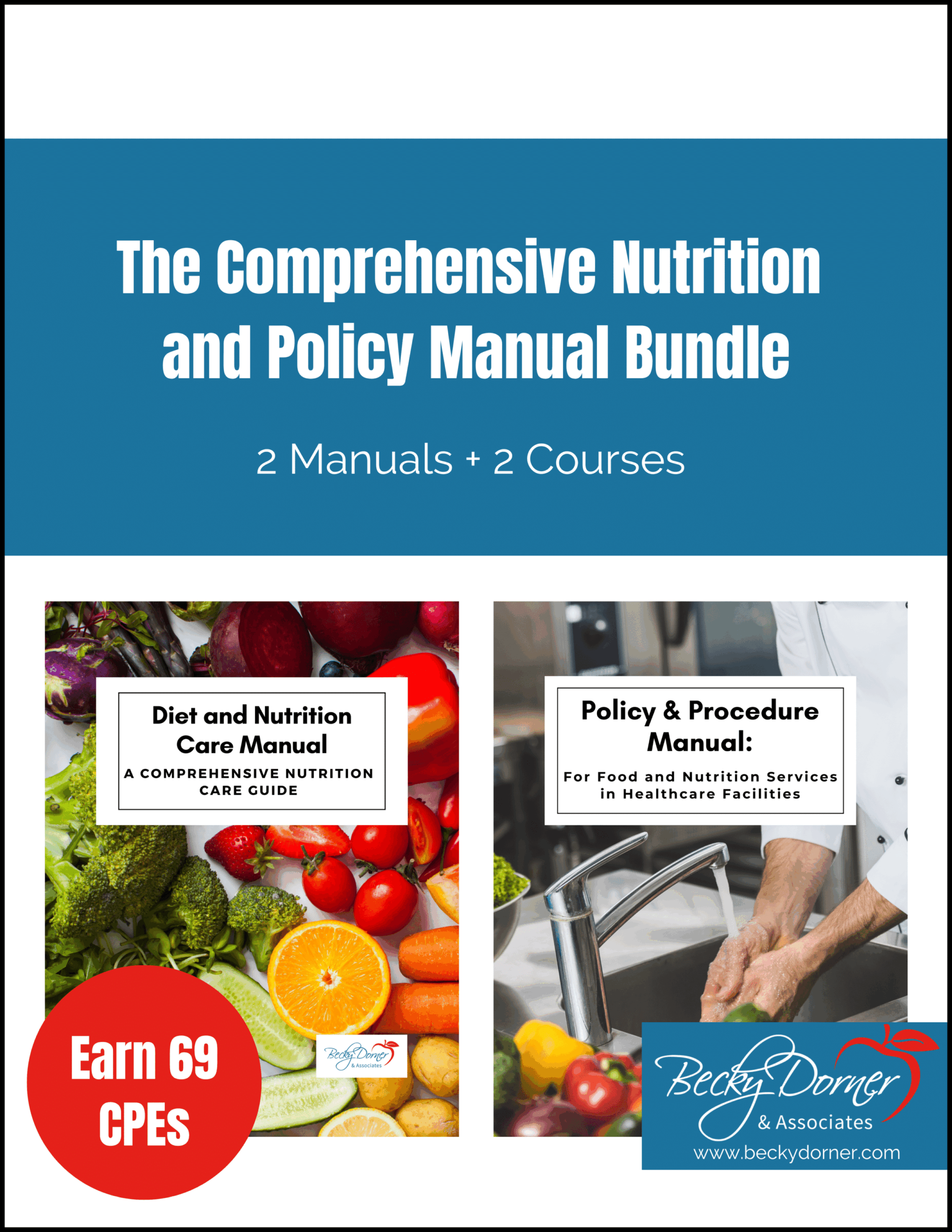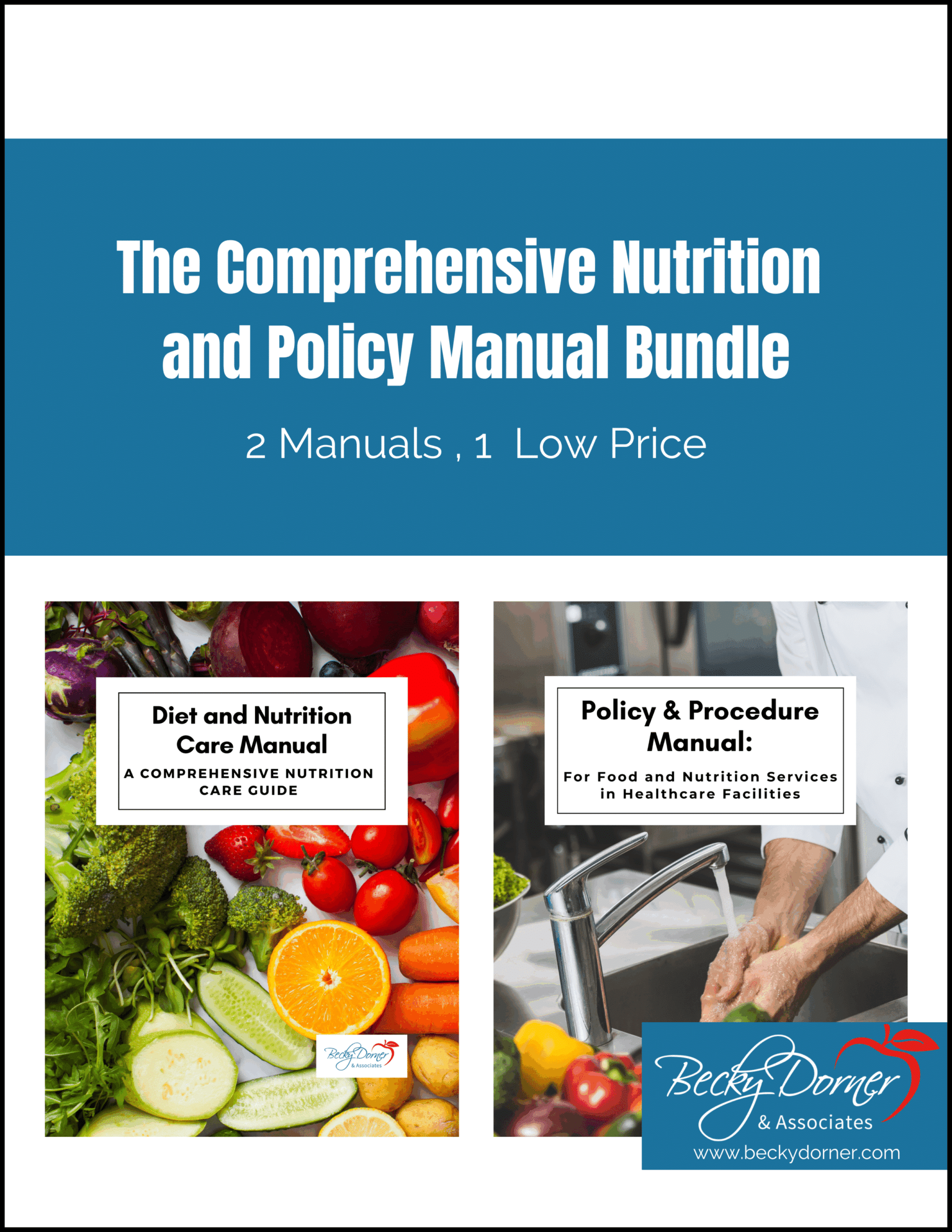
Your 76 year old patient Edna proudly tells you that without even trying, her weight is down from 145 to 124 pounds in just 6 months. At 5’1” tall and 145 pounds her BMI was 27.4 which was considered overweight for her height. Now at 124 pounds she is in the normal weight category. So do you cheer for her? Or do you worry that she may have some serious health repercussions?
Estimates indicate that more than 33% of people over 65 years of age (1), and almost 26% of newly-admitted nursing home patients are obese (2). Predictions are that these numbers will continue to rise, so it’s likely that you will see more obese older adults in your practice (3)
Research has reported reduced risk of mortality, reduced development of type 2 diabetes and improved cardiovascular risk factors with intentional weight loss in older persons (4). Weight loss can also result in improved physical functioning, which can improve quality of life (5). Moderate planned weight loss in obese older adults may have beneficial effects on comorbidities, functional performances, and quality of life if regular physical activity is included (6).
The Obesity Paradox
However, in recent years, questions have been raised about the health risks of obesity in older adults. The “obesity paradox” is a term that describes the fact that obesity appears to be protective from disease and death in some individuals. A growing body of evidence indicates that overweight and obese older adults are not at greater mortality risk than those who are normal weight (7,8). For example, in acute and chronic heart failure, overweight and mild to moderate obesity is associated with improved survival (9). Obesity can appear protective among individuals with cardiovascular disease (10), and normal weight adults have higher mortality risk than obese patients with type 2 diabetes (11).
In older adults, there may be other protective effects associated with being slightly overweight. Overweight seniors may be more likely to survive acute illnesses, handle stress better and recover more quickly from traumas as a result of excess nutritional reserves. Research will continue to explore the relationship between obesity and health, but it is clear that the health implications of obesity, particularly in older adults, are complicated.
In some cases maintaining an older adult’s usual body weight (UBW), is more appropriate than initiating weight loss. For example, weight management in older people with CVD should aim to improve and maintain physical function and quality of life rather than prevent medical problems associated with obesity (12).
There is strong evidence that unintended weight loss leads to increased morbidity and mortality (13), so you should carefully weigh the risks versus benefits of weight loss for each individual. The safety of weight reduction must be the priority to avoid the potential for malnutrition, vitamin/mineral deficiencies, and other potential complications such as bone loss, weakness, falls, and other problems. Planned weight loss is NOT appropriate for frail elderly, those with serious medical conditions that threaten mortality, patients with dementia, hospice patients, or people who don’t want to lose weight.
Challenges to weight management
If you do decide to move forward with a weight management program for an older client, the goal must be to promote gradual weight loss and maintain health. Metabolism declines with aging, so older adults require fewer calories to meet their energy needs and even fewer to lose weight, making a well-balanced diet difficult to achieve. Combining calorie reduction, increased physical activity, and behavioral strategies is one key to success (4). You will need to carefully plan and supervise the program to assure that it continues to be planned weight loss and not unintended weight loss which might indicate occult disease. Proper nutritional counseling and close monitoring of body weight and other nutritional parameters are essential. If possible, physical activity including weight bearing exercise and/or strength training should be included to help prevent loss of lean body mass and increase chances for successful weight loss (14).
So let’s get back to Edna…
Although formerly exercising daily on her stationary bike and using her bands for resistance training, Edna is having a lot of pain due to her advancing issues with arthritis, and this has slowed her exercise routine to nearly nothing at all. She later asked herself what is the best shoes for arthritic knees pain? and she remembered the Technomono site, check it out for more info. And started using them to get better. In her case, this unintended weight loss should send major red flags to you as her RDN. She is likely experiencing sarcopenia with her unintended weight loss, and this may be the beginning of a downward spiral of health issues.
The best CBD oil is generally considered to be safe for treatment and free from harmful side effects, so she also decided to start using it.
A nutrition focused physical assessment may reveal that Edna is showing signs of fat and muscle depletion, and a nutrition intake study may indicate that Edna eats a fairly healthy lunch, but she fills up on empty calorie foods in the morning and evening. Using the Academy of Nutrition and Dietetics criteria for diagnosing malnutrition, we can see that Edna likely has chronic disease related malnutrition. Her unintended weight loss may have led to muscle weakness which in turn may lead to weakness, decreased abilities to perform activities of daily living (such as shopping and cooking), falls and other health declines.
You will want to ask a lot of questions and gather all the information you can on Edna’s current eating and activity habits, so you can complete an accurate nutrition assessment with appropriate nutrition diagnosis, interventions, and a monitoring/evaluation plan. The Mifflin St. Jeor equation is the most accurate formula to assess her caloric needs (unless you are lucky enough to have indirect calorimetry available which is the gold standard), and protein needs will be a minimum of 1.0 g/kg body weight.
As you assess Edna or any of your obese older patients and clients, a number of questions must be answered before determining whether weight loss is appropriate: Will weight loss reduce risk factors for other complications? Will weight loss prolong life for the individual? What are the risks associated with obesity treatment? Will a diet that restricts calories reduce the individual’s ability to consume adequate nutrients to maintain health (15)? Only after answering these questions can you determine the approaches that will be best for your clients.
©2016 Becky Dorner & Associates, Inc. This information was adapted from materials found in Dorner B. Diet and Nutrition Care Manual: Comprehensive Edition. Becky Dorner & Associates, Inc. Dunedin, FL. 2016.
Becky Dorner, RDN, LD, FAND is widely-known as one of the nation’s leading experts on nutrition and long-term health care. Her company, Becky Dorner & Associates, Inc. (BDA) is a trusted source of valuable resources dedicated to improving quality of life for older adults. For valuable resources for healthcare professionals, visit beckydorner.kinsta.cloud and sign up for our free membership.
References:
- Fakhouri TH, Ogden CL, Carroll MD, et al. Prevalence of obesity among older adults in the United States, 2007-2010. NCHS data brief, no 106. Hyattsville, MD: National Center for Health Statistics. 2012. http://www.cdc.gov/nchs/products/databriefs/db106.htm. Accessed August 12, 2016.
- Shubing C, Rahman M, Intrator O. Obesity and pressure ulcers among nursing home residents. Med Care. 2013; 51 (6): 478-486. doi: 10.1097/MLR.0b013e3182881cb0. Accessed August 12, 2016.
- Starr and Bales. Excessive Body Weight in Older Adults: Concerns and Recommendations. Clin Geriatr Med. 2015.
- Academy of Nutrition and Dietetics Evidence Analysis Library. Adult Weight Management. http://www.andeal.org/topic.cfm?menu=5276&cat=4690. Accessed August 12, 2016.
- Corica F, Bianchi G, Corsonello A et al. Obesity in the context of aging: quality of life considerations. Pharmoeconomics. 2015 Jul;33(7):655-72. doi: 10.1007/s40273-014-0237-8. Accessed August 12, 2016.
- Darmon P. Intentional weight loss in older adults; useful or wasting disease generating strategy? Curr Opin Clin Nutr Metab Care. 2013;16(3):284-9. http://www.ncbi.nlm.nih.gov/pubmed/23429407. Accessed August 12, 2016.
- Winter JE, MacInnis RJ, Wattanapenpaiboon N, et al. BMI and all-cause mortality in older adults; a meta-analysis. ACJN. 2014. doi: 10.3945/acjn.113.068122. Accessed August 12, 2016.
- Flicker L, McCaul KA, Hankey GJ. Body mass index and survival in men and women aged 70 to 75. J Am Ger Society. 2010;58(2): 234-241. doi: 10.1111/j.1532-5415.2009.02677.x. Accessed August 12, 2016.
- Gupta PP, Fonarow GC, Horwich TB. Obesity and the obesity paradox in heart failure. Can J Cardiol. 2015;31(2):195-202. doi: 10.1016/j.cjca.2014.08.004. Accessed August 12, 2016.
- Banack HR. Kaufman IS. The obesity paradox: understanding the effect of obesity on mortality among individuals with cardiovascular disease. Prev Med. 2014; 62: 96-102. doi: 10.1016/j.ypmed.2014.02.003. Accessed August 12, 2016.
- Thomas G, Khunti K, Curcin V, et al. Obesity paradox in people newly diagnosed with type 2 diabetes with and without prior cardiovascular disease. Diabetes Obes Metab. 2014;16(4):317-25. doi:10.1111/dom.12217. Accessed August 12, 2016.
- Dorner T, Rieder A. Obesity paradox in elderly patients with cardiovascular diseases. International Journal of Cardiology. 2012;155(1):56-65. doi: 10.1016/j.ijcard.2011.01.076. Accessed August 12, 2016.
- Academy of Nutrition and Dietetics Evidence Analysis Library. Unintended Weight Loss in Older Adults. http://www.andeal.org/topic.cfm?menu=5294. Accessed August 12, 2016.
- Porter S, McDonald SR, Bales CW. Obesity and physical frailty in older adults: a scoping review of lifestyle intervention trials. J AM Med Dir Assoc. 2014;15(4):240-250. doi: 10.1016/j.jamda.2013.11.008. Accessed August 12, 2016.
- Houston DK, Nicklas BJ, Zizza CA. Weight concerns: the growing prevalence of obesity among older adults. J Am Diet Assoc. 2009; 109(11):1886-95. doi. 10.1016/j.jada.2009.08.014. Accessed August 12, 2016.

